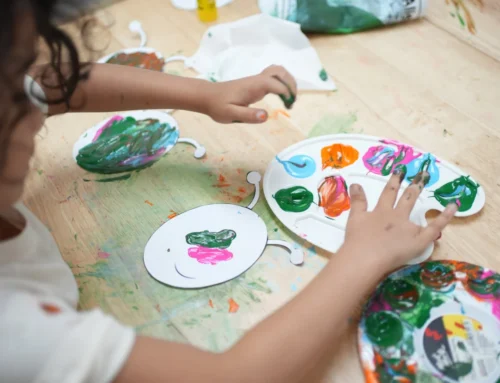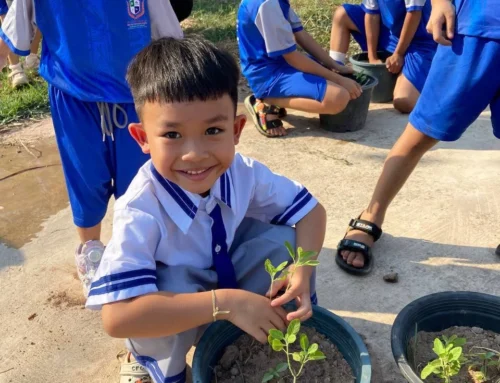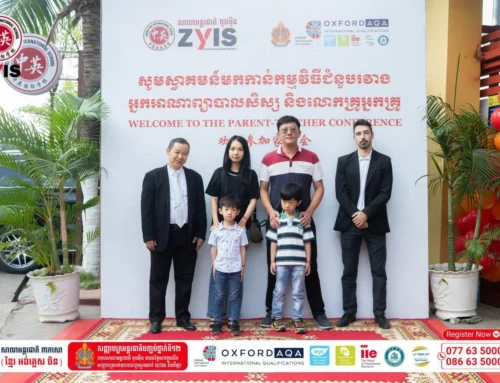Play is an essential part of childhood, and in Cambodia, educators are increasingly recognizing its powerful role in learning. Play-based learning is an approach that uses games, imagination, and hands-on activities to promote children’s development across cognitive, social, emotional, and physical domains.
By embracing play in classrooms and homes, Cambodian children grow into confident, curious, and capable learners.
What Is Play-Based Learning?
Play-based learning allows children to explore ideas, practice skills, and solve problems through play. It encourages creativity, communication, cooperation, and critical thinking—all key skills for success in school and life.
In Cambodia, this approach is gaining momentum in early childhood education and beyond.
Benefits of Play-Based Learning for Cambodian Children
Children who engage in play-based learning often show:
-
Increased motivation and enthusiasm for school
-
Better social skills through cooperative games
-
Improved language and communication abilities
-
Greater problem-solving and critical thinking skills
-
Enhanced fine and gross motor development through physical play
Play also supports emotional regulation and resilience, helping children adapt to challenges with confidence.
How Cambodian Schools Are Incorporating Play
Many schools in Phnom Penh and across the provinces are introducing play into their teaching through:
-
Learning centers with puzzles, blocks, and art supplies
-
Outdoor activities like group games and nature exploration
-
Storytelling, music, and dramatic play to build language skills
-
Hands-on science experiments and creative projects
Teachers are trained to guide and support play, making it purposeful and aligned with curriculum goals.
Role of Families and Communities
Parents and caregivers are encouraged to:
-
Provide time and space for free play at home
-
Participate in school events that include play activities
-
Use everyday moments for learning through play (cooking, shopping, gardening)
-
Support children’s curiosity with toys, books, and outdoor exploration
Community playgroups and cultural activities also strengthen learning networks for children and families.
A Bright Future Through Play
Play-based learning aligns with Cambodia’s vision for inclusive, child-centered education that respects each learner’s needs and potential. By fostering joy and creativity, play lays the foundation for lifelong learning and well-being.
Final Thoughts: Celebrating Play as Learning
In Cambodia, play is more than fun—it’s a vital educational tool that nurtures well-rounded children ready to contribute positively to society. Schools, families, and communities working together to promote play create happier, healthier learning environments for all.







